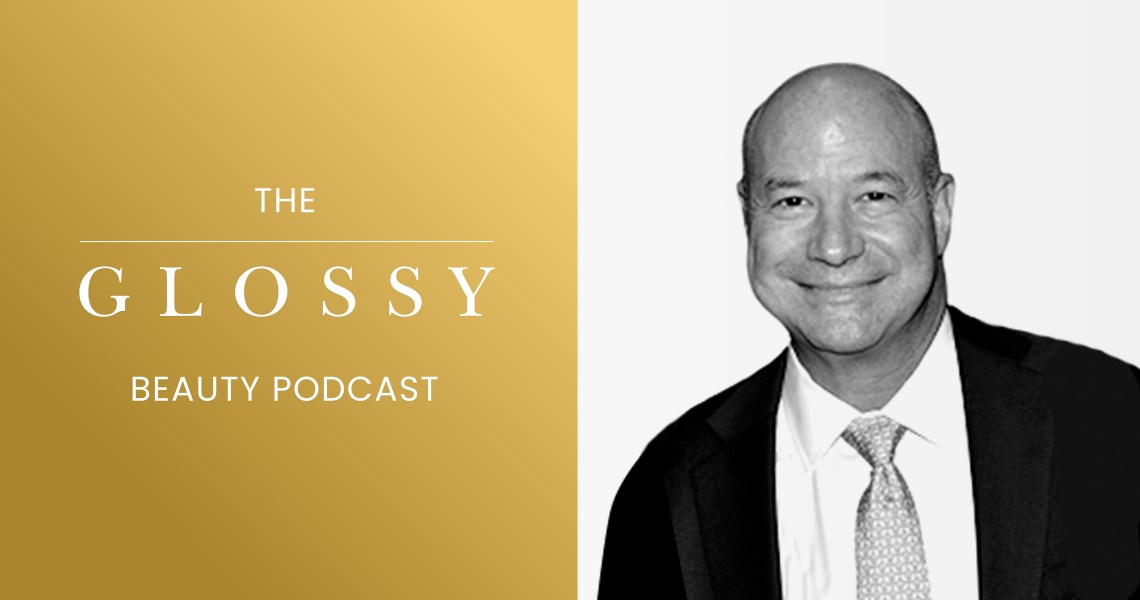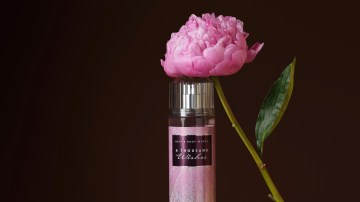Subscribe: iTunes | Stitcher | Google Play | Spotify
In the last few years, there has been a boom of investments in the world of beauty.
Brands like Glossier continue to receive massive rounds of funding, and join the elite club of beauty brands that have received valuations of over $1 billion. According to Rich Gersten, a partner at Tengram Capital Partners who has been investing in beauty companies for over two decades, these success stories have created a flood of money and attention from private equity investors.
“There are more private equity firms focused on the beauty space than ever before in my career,” said Gersten. “I joked with someone the other day that when I started doing this in the early 2000s, I was in a one-lane highway all by myself, but now I’m on the I-5 during rush hour in California. There’s just no room.”
In this week’s episode of The Glossy Podcast, beauty editor Priya Rao sits down with Gersten to discuss what he looks for when investing, why being a clean brand is no longer a differentiator and whether massive valuations on the regular are the new norm. Edited highlights are below.
The balance between founder and brand
“I think the challenge for us is separating the founder from the brand. If the brand, at the end of the day, is all about the founder, it’s too risky for us as investors, because we have to sell it someday. We try to tap into what the founder brings to the table that makes the brand and the business so special, but also try to create a brand story that’s not about a single person, but about the brand. The brand has to live far beyond the years of any human being. If the founder is no longer with the business, the brand still has to mean something. The story has to be consistent.”
DTC limits the opportunity to scale
“Omnichannel just means being wherever you need to be for a consumer to access you. Five years ago it was called multichannel; omni is sexier. But the distribution question is an important one, and it’s one we get very involved with. Different retailers bring different things to the table as partners. When we look at a business, direct-to-consumer-only is very interesting, but it does max out in terms of its scale, unless you want to do your own physical retail. But to continue to scale online, the customer-acquisition costs get very expensive, and ultimately you can tap out. That’s why lots of brands, including Kylie Cosmetics, have pursued retail distribution. Although we do see, and it’s to be expected, that as you open up new distribution, your direct business does get challenged. The goal is to grow the overall pie and realize that you might have some cannibalization as you expand.”
‘Clean’ and ‘natural’ are no longer differentiators
“Being a natural and clean retailer is a tough position to be in actually, because there’s probably a time five years from now where, if you’re not natural or clean, you’re not on the shelf. That market movement is happening, and if you’re a retailer that only sells what everyone else is selling; it’s not really a point of difference, so we watch that very carefully. That trend is going to continue, and the ability to deliver clean ingredient X and deliver on product performance is going to be key for everybody. This wellness word — that convergence is happening, almost to the point where I don’t know what’s different. Beauty and wellness have converged as one in the same. Now, for some people, wellness is still supplements and ingestibles, and not necessarily topicals, but this beauty-wellness convergence is definitely happening, and I don’t see that changing any time soon. So the challenge becomes, ‘What’s next?'”
Sign up for our new Glossy Beauty and Wellness Briefing, a weekly newsletter coming in April that will provide deep-dive analyses, emerging trends and insider insights in the growing beauty and wellness industries.




